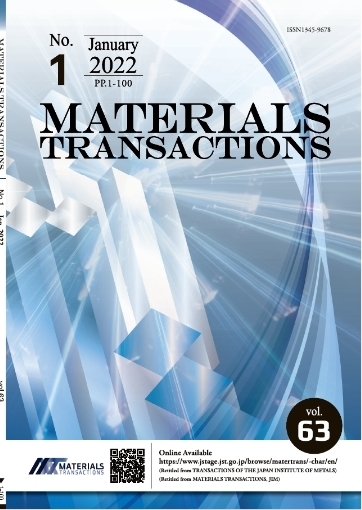Iron oxide (Fe-oxide) has been widely used in the adsorption of heavy metals from aqueous solution. In this study, we improve the heavy metal adsorption capacity of Fe-oxide by synthesizing its binary oxide with aluminum (Al). In addition, we discuss the effect of characteristic changes caused by Al incorporation on the removal of arsenate (As(V)) and selenate (Se(VI)). Binary oxides with six different Fe:Al ratios (10:0, 9:1, 7:3, 5:5, 3:7 and 1:9) are synthesized by the sol-gel method, followed by a sintering process. The SEM-EDS result reveals that Fe and Al are homogeneously distributed in the oxides. It is found that the incorporation of Al into Fe-oxide not only provides a high specific surface area (90~200 m2/g, 10 times larger than pure Fe-oxide) but also inhibits the phase transition from α-FeOOH to α-Fe2O3. The combination of the expanded surface area and the α-FeOOH phase, which has a plentiful supply of hydroxyl groups, plays a crucial role in improving As(V) and Se(VI) adsorption. Among various Fe:Al ratio binary oxides, the highest uptake is achieved with 5:5 Fe:Al oxide sintered at 100℃.










